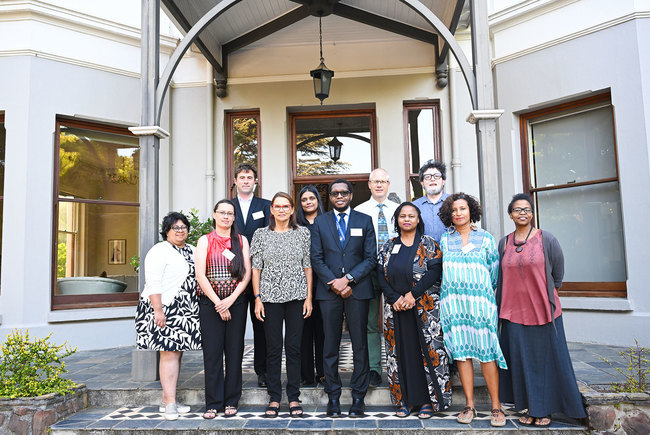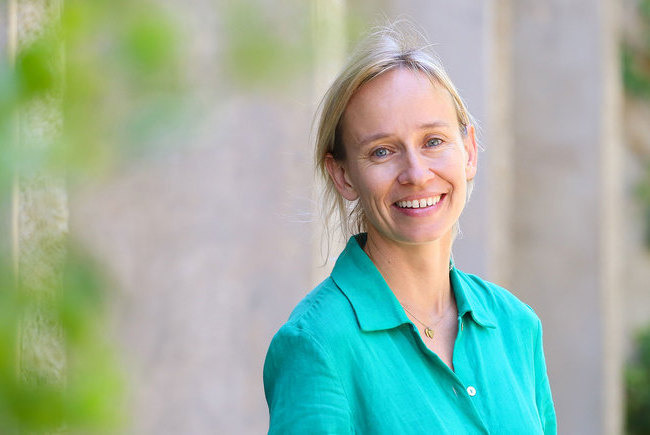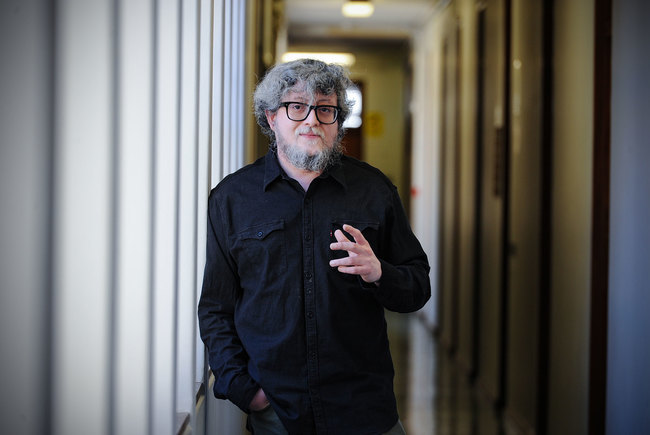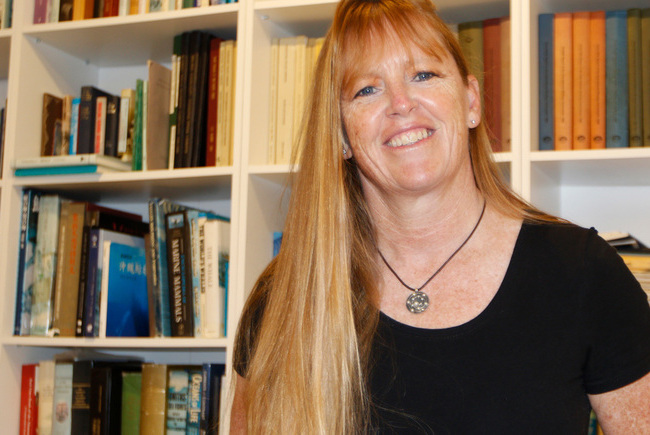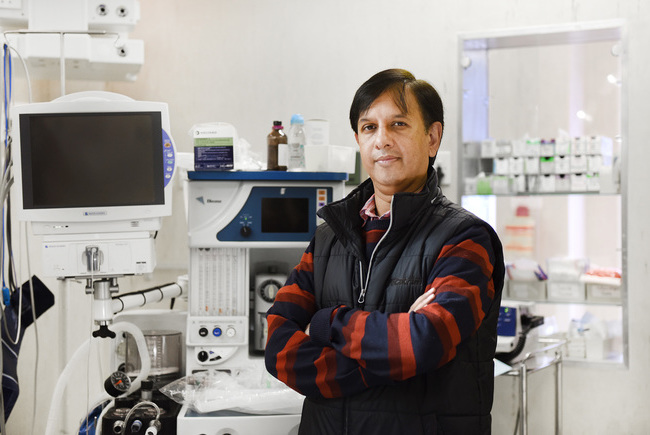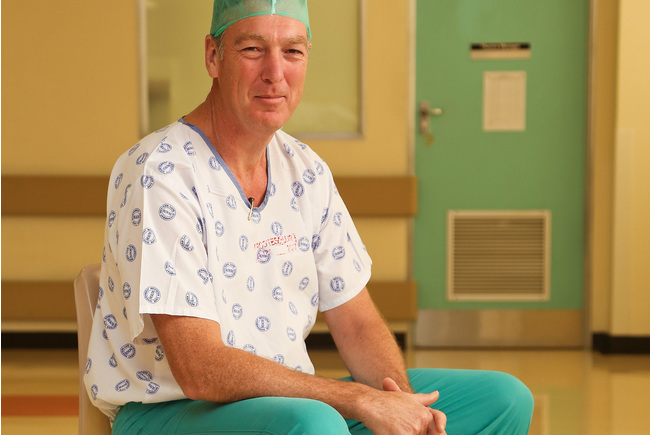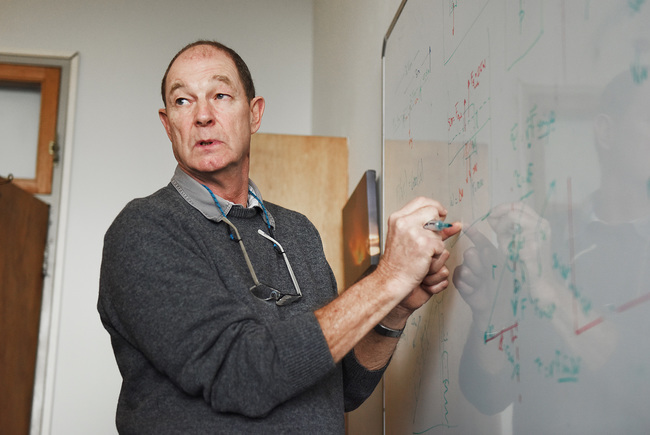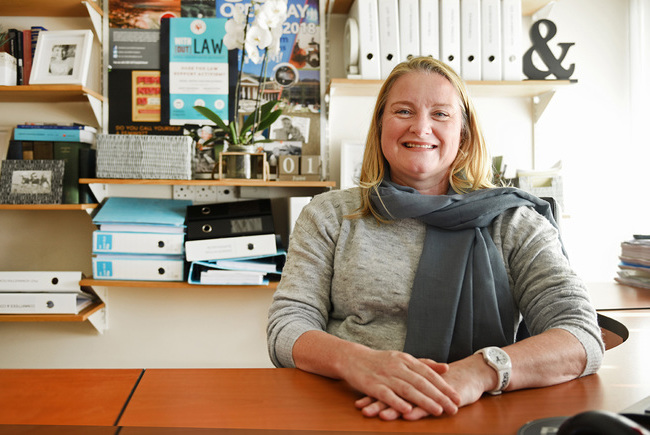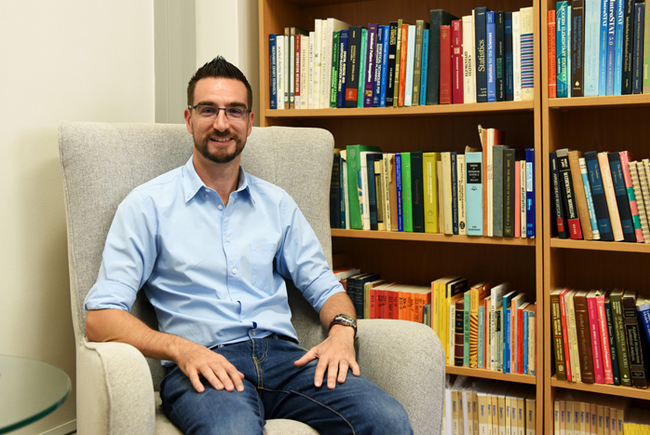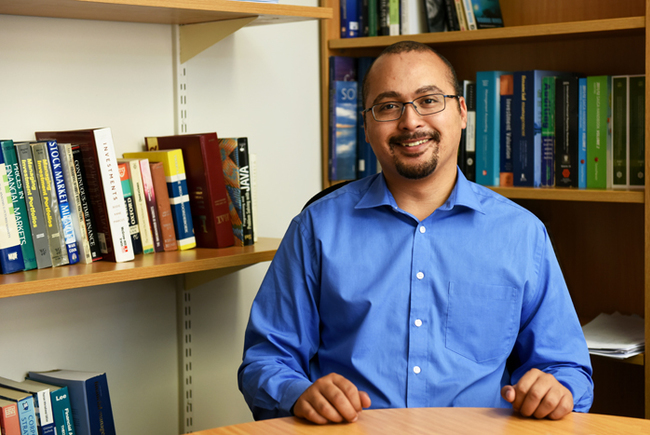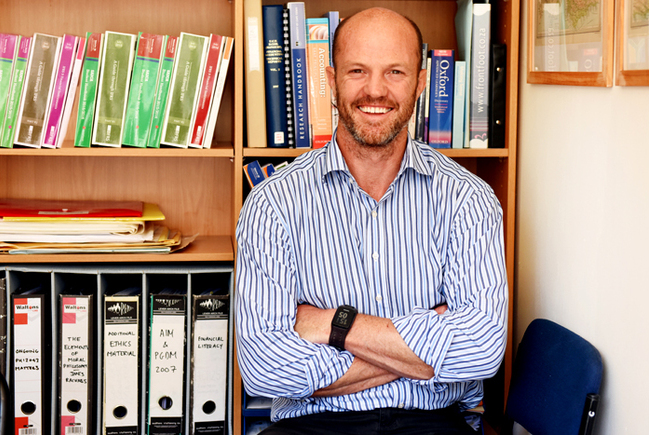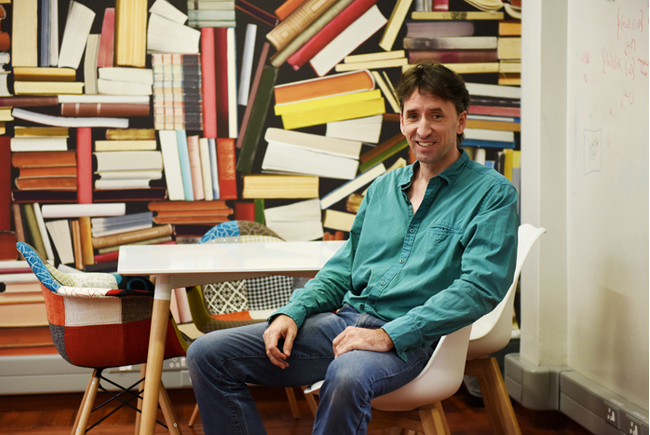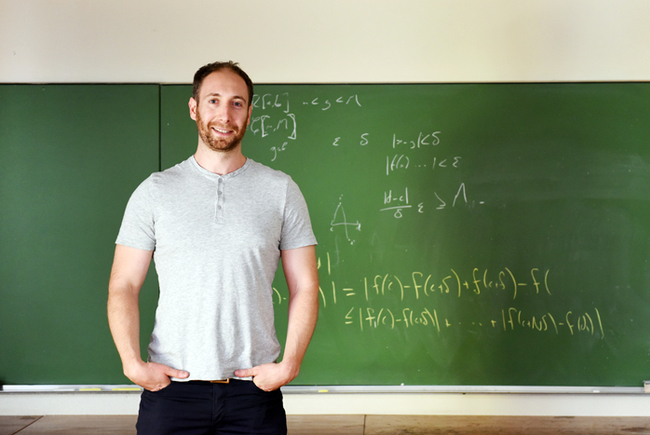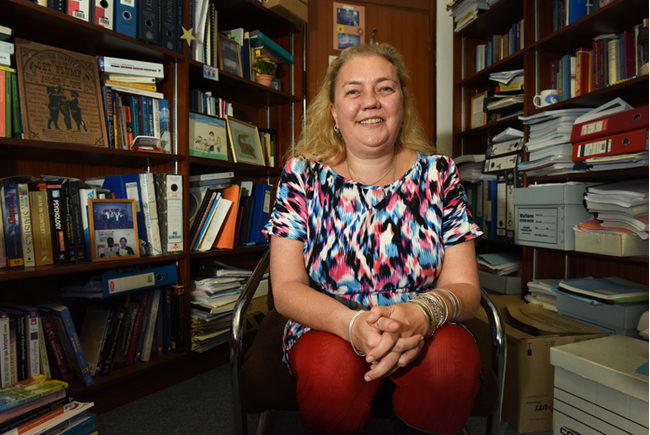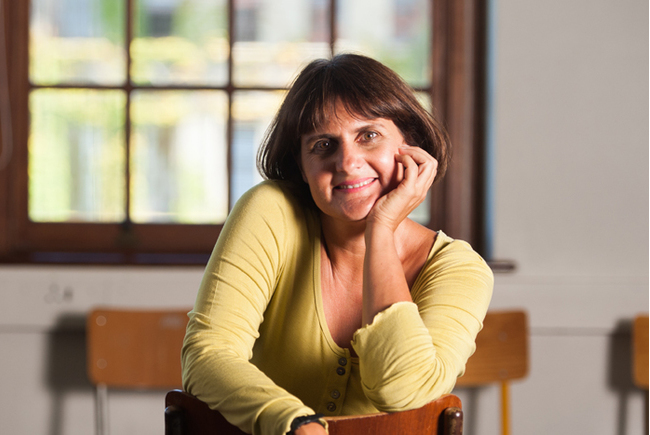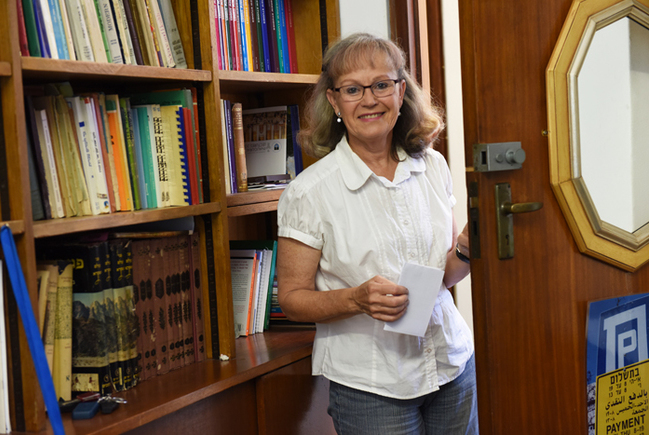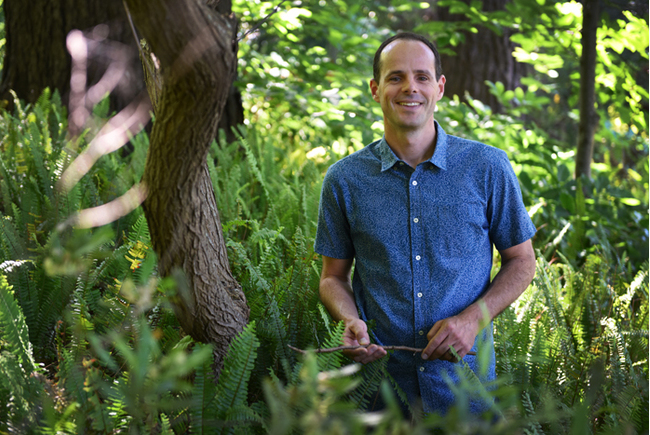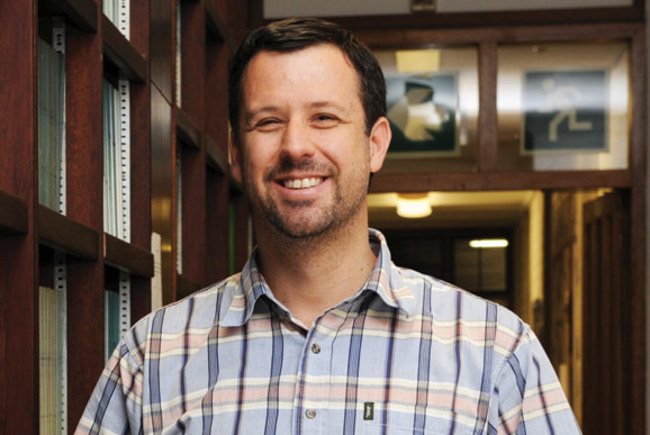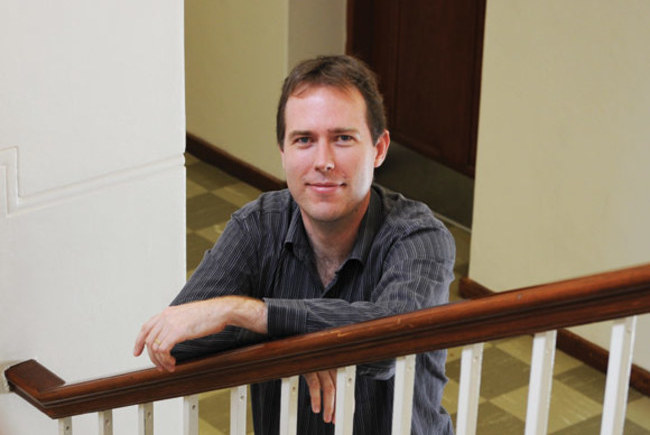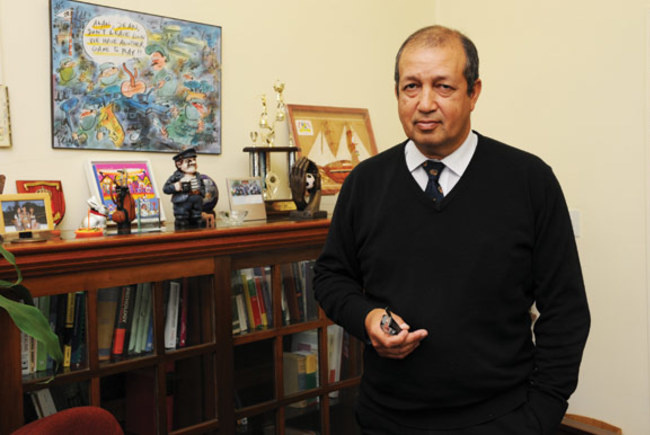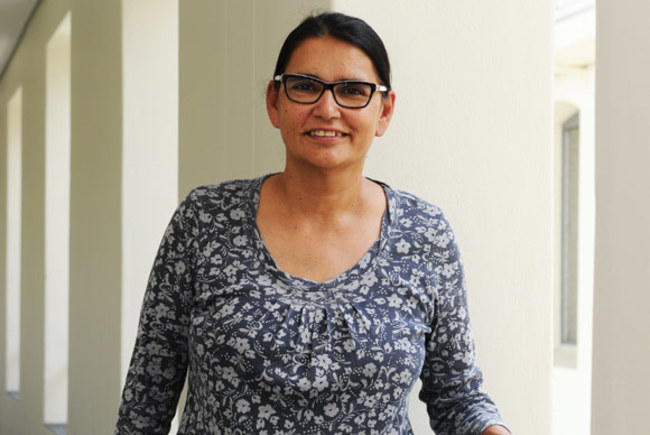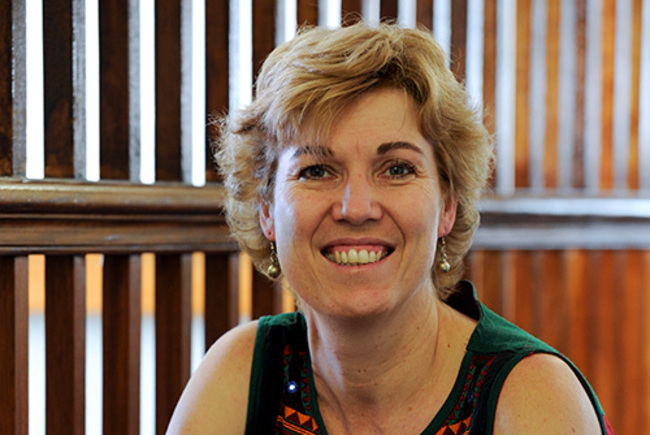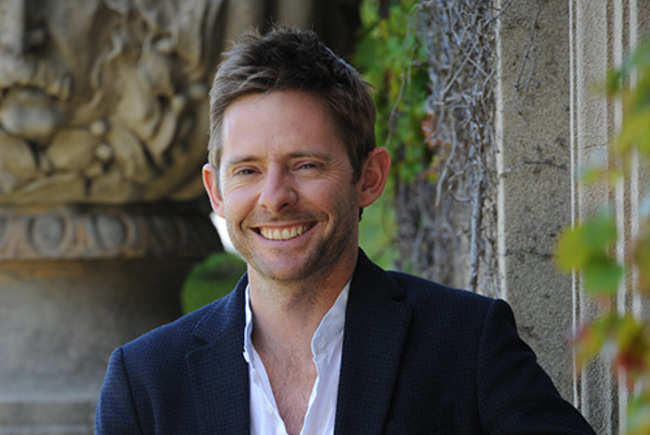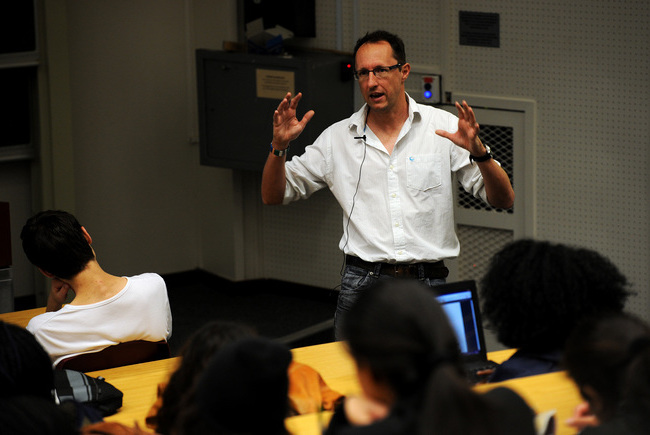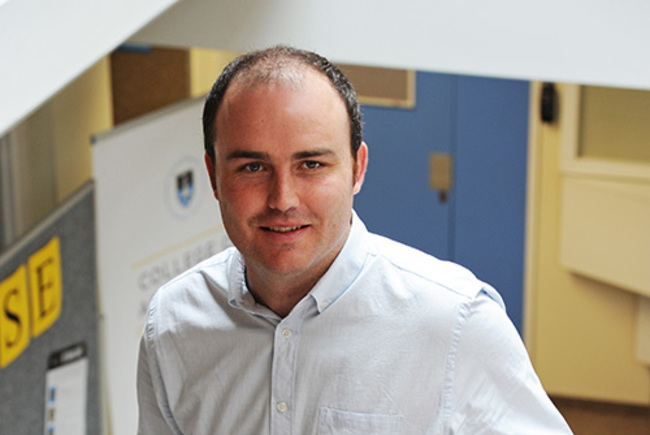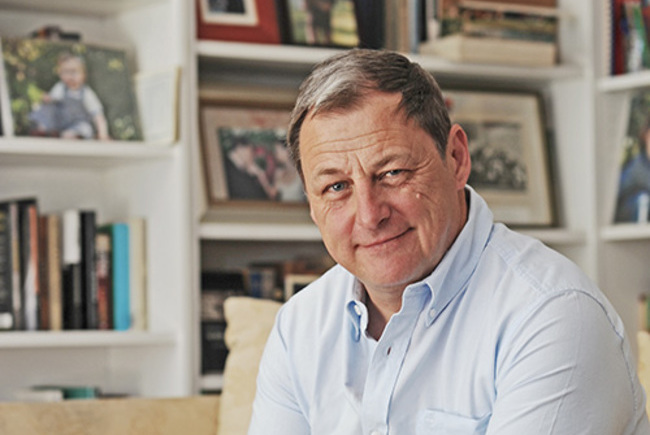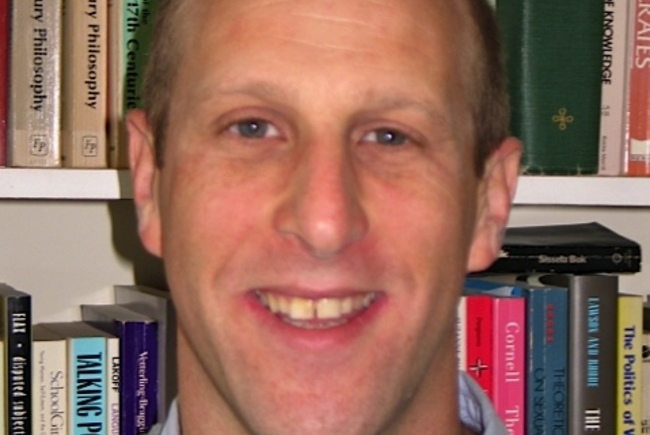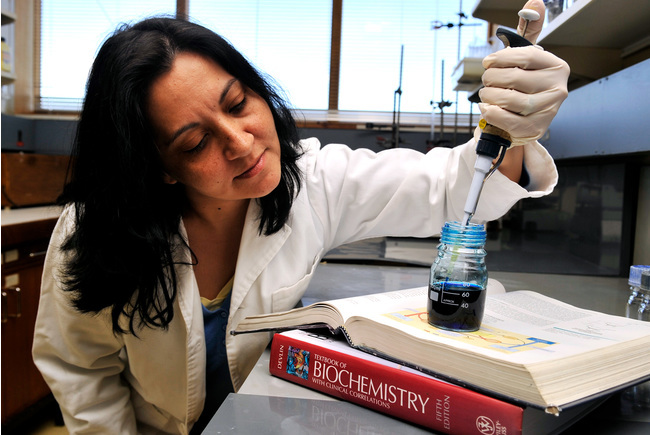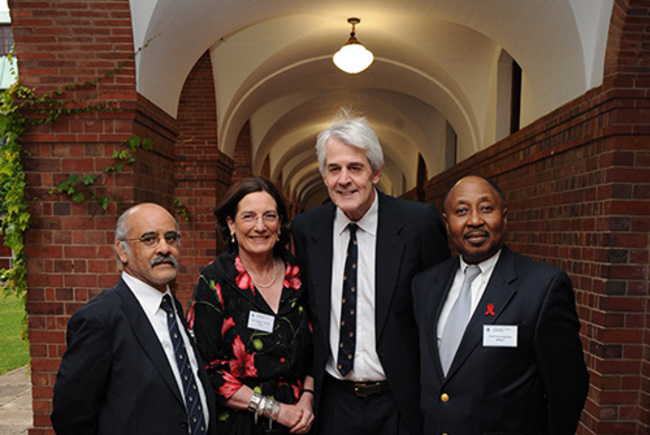Quartet of outstanding teachers féted
12 December 2011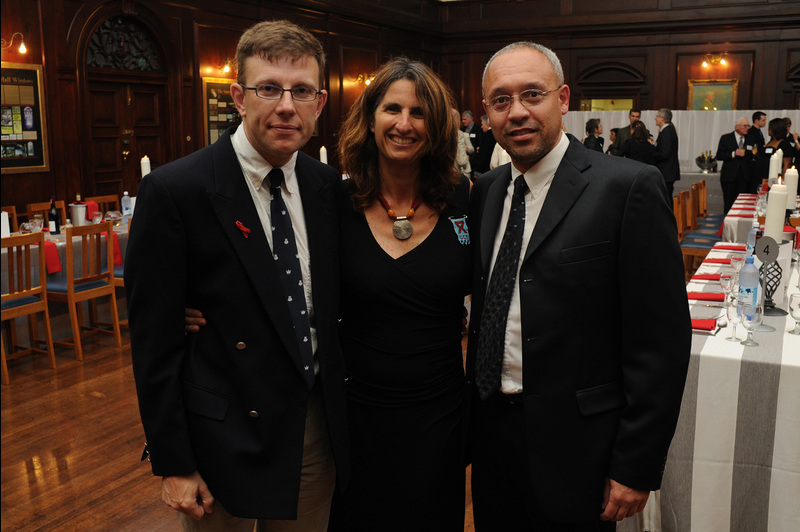
This year marks the 30th anniversary of UCT's Distinguished Teacher Award (DTA). The highest accolade given to teaching staff at all levels in the university, the honour recognises excellent teaching; and the primary importance of teaching and learning in the university's work.
As chance would have it, 2011 is a bumper year for the award, with four recipients joining the university's DTA ranks. (Only two DTA winners were named in 2010.) They are Associate Professor Michael Campbell, Dr Susan Levine, Tim Low and Dr Greg Smith, announced at the recent Distinguished Teacher Dinner. Further announcements will be made during this week's graduation ceremonies.

Teaching always came first, Michael Campbell explains. It had to, as he started up the jazz programme at UCT's South African College of Music as soon as he was appointed some 22 years ago. He's led jazz studies ever since. Campbell has been hailed for "his ability to integrate the creative, abstract elements of his field with systematic study methods in order to provide students with real perspective into the subject and broad understanding of its 'real' world application". Mostly self-taught, those real-life and practical components have become staples of his teaching. As has a sore back, a clear indicator he's been pushing hard in class, he says. "You have to give some of yourself to [teaching] if you want to engage people, and that can be stimulating or draining, and sometimes both."
Colleagues and staff have sung the praises of Susan Levine as a teacher of both medical and visual anthropology (a teaching field she pioneered in South Africa) in the Department of Social Anthropology. She treats her students as equals, they say, and offers them tools for living. She's inspired colleagues, who joke about cloning her, and students, one of whom who credits her with changing said student's attitude towards academic work. "Teaching social anthropology requires some skill in the art of seduction," Levine says. Sometimes that requires a bit of humour and clowning, sometimes not. "If there is laughter in the classroom, then I know I'm on the right track," she says. "But there is also a kind of silence that indicates a captive audience. It is a silence infused with noise. This is a beautiful sound."
Tim Low teaches mathematics and statistics on the extended degree programme of the Faculty of Commerce. To make up for schooling shortcomings takes creativity, and an appreciation of what makes the current generation of students tick. So he's embraced social media, harnessing everything from Facebook to MXit and BBM (that's BlackBerry Messenger, for the older folk). "His use of [these] mediums to communicate with students," rings his citation, "underpins a truly progressive teaching philosophy with an approach of accessibility and taking education to the learners." He applies social media to teach concepts and to force students into a deeper understanding of the material. He's not all about remote technology, though. He has been praised for his energy, warm nature and enthusiasm. His teaching changes and inspires students, says one, and they and UCT are lucky to have him in the classroom.
Gregory Smith, of the Department of Chemistry, likes to take the research laboratory into the classroom. He's lucky though, he says, in that the various research projects he's involved in translate easily into lecture notes. "This pragmatic approach gives students a broader sense of the field of chemistry, and often helps to engender a passion for the subject," he says. A Superman t-shirt also helps. He uses this - and the power of chemistry - to teach chemical reactions by breaking a pre-treated cold-drink can in half. Videos, animations, role-playing (the television show The Apprentice) and various web-enhanced materials are similarly recruited. He wants to challenge students, so often tests them with short problem-solving and critical thinking questions. The aim of which, he says, is to gauge and improve students' understanding of what are conceptually difficult topics.
 This work is licensed under a Creative Commons Attribution-NoDerivatives 4.0 International License.
This work is licensed under a Creative Commons Attribution-NoDerivatives 4.0 International License.
Please view the republishing articles page for more information.
Distinguished Teacher Award
The Distinguished Teacher Award is the highest accolade awarded to teaching staff at all levels within the university. Through the award, the University of Cape Town acknowledges the primary place of teaching and learning in the university’s work.
2023
2022
2021
2020
2019
2018
2017
2016
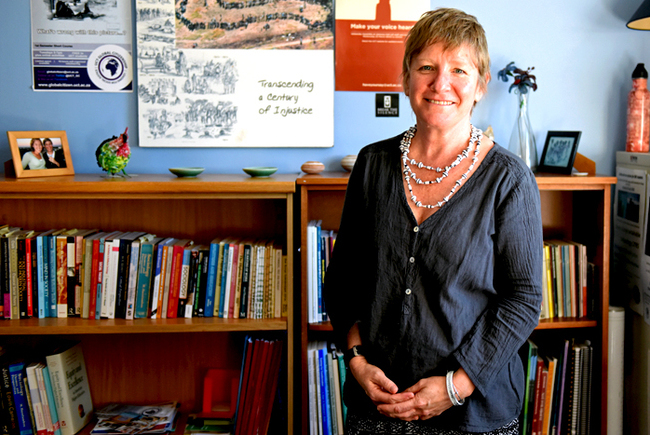
Distinguished Teacher Awardee Dr Janice McMillan's work is not discipline-specific; rather it's about transformative teaching and how we engage the wider world beyond the university. This community-based learning encourages students to think about themselves simultaneously as students, emerging professionals and active citizens.
30 Mar 2017






